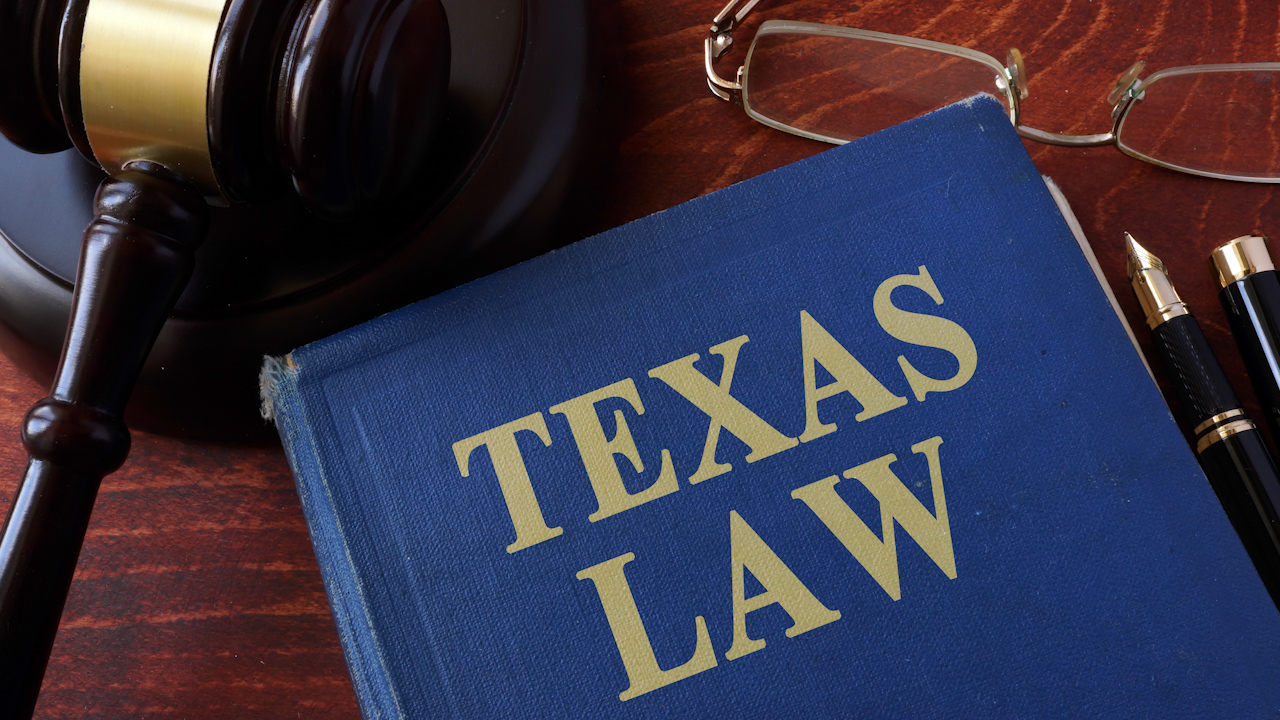Court Upholds Texas Law That Would Force Tech Companies To Allow Hate Speech, Abuse, and Misinformation on Their Platforms

On September 16, 2022, a federal appeals court overturned a lower court’s decision that had blocked a highly controversial Texas law prohibiting tech companies from moderating content based on viewpoint.
In September 2021, Texas Governor Greg Abbott signed bill HB20 into law, claiming it would stop “a dangerous movement by social media companies to silence conservative viewpoints and ideas.” Under this law, “[a] social media platform may not censor a user, a user’s expression, or a user’s ability to receive the expression of another person based on: (1) the viewpoint of the user or another person; (2) the viewpoint represented in the user’s expression or another person’s expression; or (3) a user’s geographic location in this state or any part of this state.” The law defines “censor” as to “block, ban, remove, deplatform, demonetize, de-boost, restrict, deny equal access or visibility to, or otherwise discriminate against expression.”
The Texas law has been heavily criticized because it prevents tech companies from regulating hate speech, abuse and misinformation on their own platforms, and forces them to allow viewpoints and content that they may not want to have associated with their business. Moreover, the law’s enforcement may lead to further consequences, such as making email spam filters illegal because they are used by tech companies to “block” political speech.
The Texas legislature excluded conservative social media services Parler and Gab from the new law by limiting it to services that have 50 million users or more, and rejecting any attempts to lower this threshold.
On December 1, 2021, a federal district judge in Texas blocked the law, finding that it “compels social media platforms to disseminate objectionable content and impermissibly restricts their editorial discretion” under the First Amendment. On May 11, 2022, a three-judge panel of the Fifth Circuit Court of Appeals stayed the district court’s order, allowing the law to take effect while the case continued in the district court. The ruling was not unanimous, and did not include the judges’ reasoning. This decision was appealed to the Supreme Court, which issued a decision on May 30, 2022 which did not address the issue directly, but vacated the Fifth Circuit’s May 11 Order and blocked the implementation of the law pending resolution of the district court case.
Now that the Court of Appeals has again allowed the law to move forward, it will almost certainly be appealed again to the Supreme Court. Additionally, the parties challenging the law may first seek a hearing before all the judges on the Fifth Circuit Court of Appeals. Either way, the dispute over the Texas law is far from being resolved.
